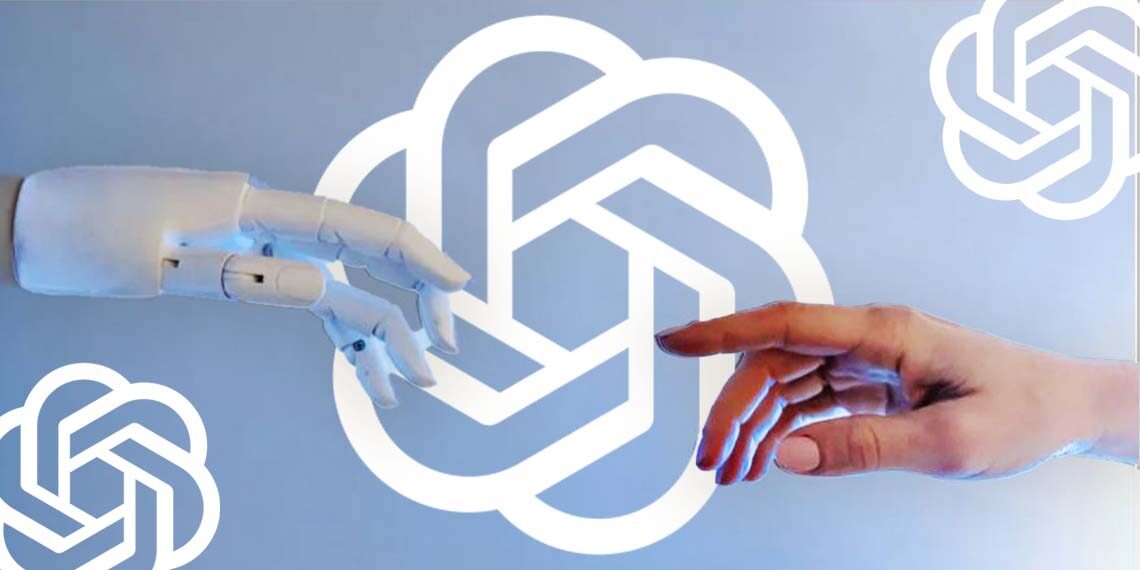The advancement of Artificial Intelligence is such that it has impacted every industry – healthcare, education, finance, entertainment and more. It has solved operational issues and simplified complex tasks across sectors. Now, the world is gushing over a new AI chatbot – ChatGPT – and for good reason.
Introduced by OpenAI, a startup creating waves in the AI space, this new chatbot has gone viral for its conversational nature. Here’s all you need to know about the AI tool.
What is ChatGPT?
ChatGPT is like talking to your brilliant friend who has answers to all your questions – only, this friend is virtual. The chatbot follows a dialogue model with the user, creating an environment for follow-up questions, saying no to unfeasible requests, challenging wrong premises, and even admitting errors. The responses are powered by an algorithm that scans billions of pages of data to predict the next word in a sentence. The answers are refined based on human feedback.
So from coding complex computer programs to writing scenes that would fit the world of popular sitcoms, the ChatBot has done it all since it was launched on November 30. This is all thanks to the million users (and counting) who have signed up to use the chatbot.
Since ChatGPT is still in its research stage, it is free to use, attracting new users from around the world daily.
ChatGPT and Fintech
The sheer range of questions that ChatGPT has answered since the time it was made available to users shows the scope of the chatbot. It can answer questions on several subjects and potentially revolutionise various industries, including fintech.
Today technologies such as AI, big data, and cloud computing are used in fintech to offer efficient financial services to users. Adding this AI tool to the mix will widen the scope of fintech.
Despite services like robo-advisors or traditional financial managers, specific economic patterns and details can slip through the cracks. Further, there may also be scenarios where you may refrain from expressing doubts or queries regarding your financial plans due to issues such as biases or even your advisor’s limited scope of expertise. But ChatGPT seamlessly fills this gap. You can ask any financial question – big and small – and chances are you will get an answer. Even those that cannot be answered now could be taken up in the future, given that ChatGPT is still under research.
While there are concerns that even ChatGPT is not without its biases, continued work and development of the AI tool will only mean better results. ChatGPT could soon replace financial advisors in not just offering inputs but also making essential decisions on investors’ behalf.
To show you what ChatGPT can do for the world of fintech, we asked it a question. The answer provided by ChatGPT has been reproduced below:
- What is a better option for a first-time investor? Mutual fund or SIP.
Ans. A systematic investment plan (SIP) can be a good option for a first-time investor because it allows you to invest small amounts of money regularly rather than a large lump sum. This makes it easier to manage your investment and can also reduce the impact of market volatility on your investment. As for the best mutual fund to invest in, this will depend on your financial goals and risk tolerance. It is essential to carefully research and compare mutual funds and consult a financial advisor before making any investment decisions.
Bottom Line
The range of opportunities that an AI tool like ChatGPT offers to industries such as fintech is exciting. The question of how soon and efficiently these tools will replace obsolete financial practices is waiting to be answered.








